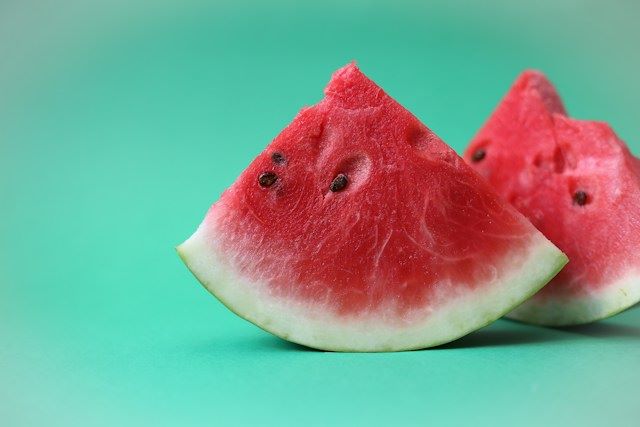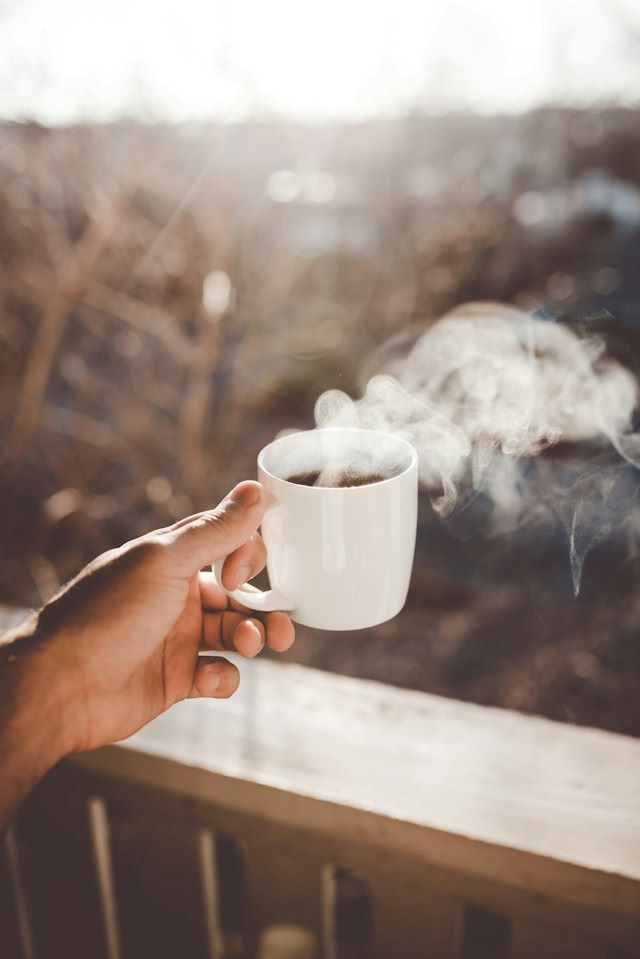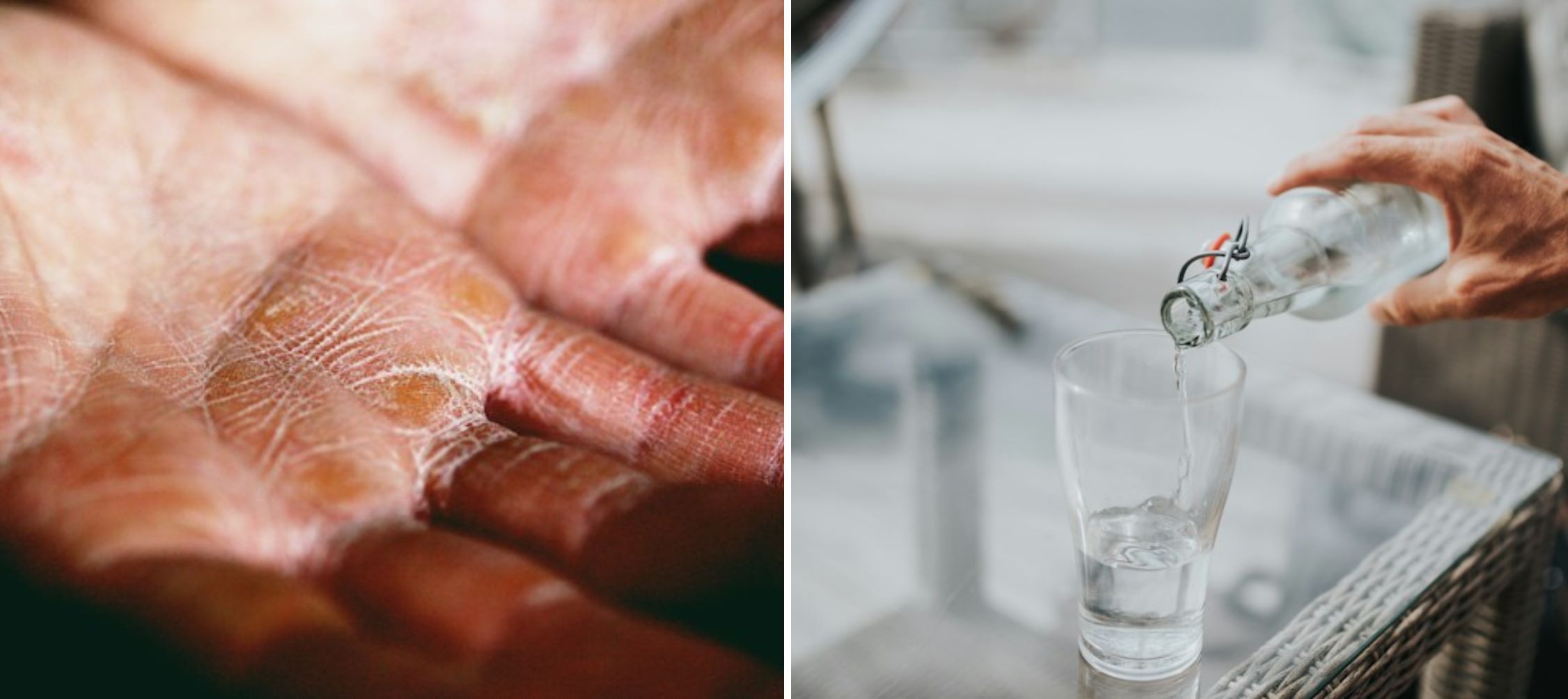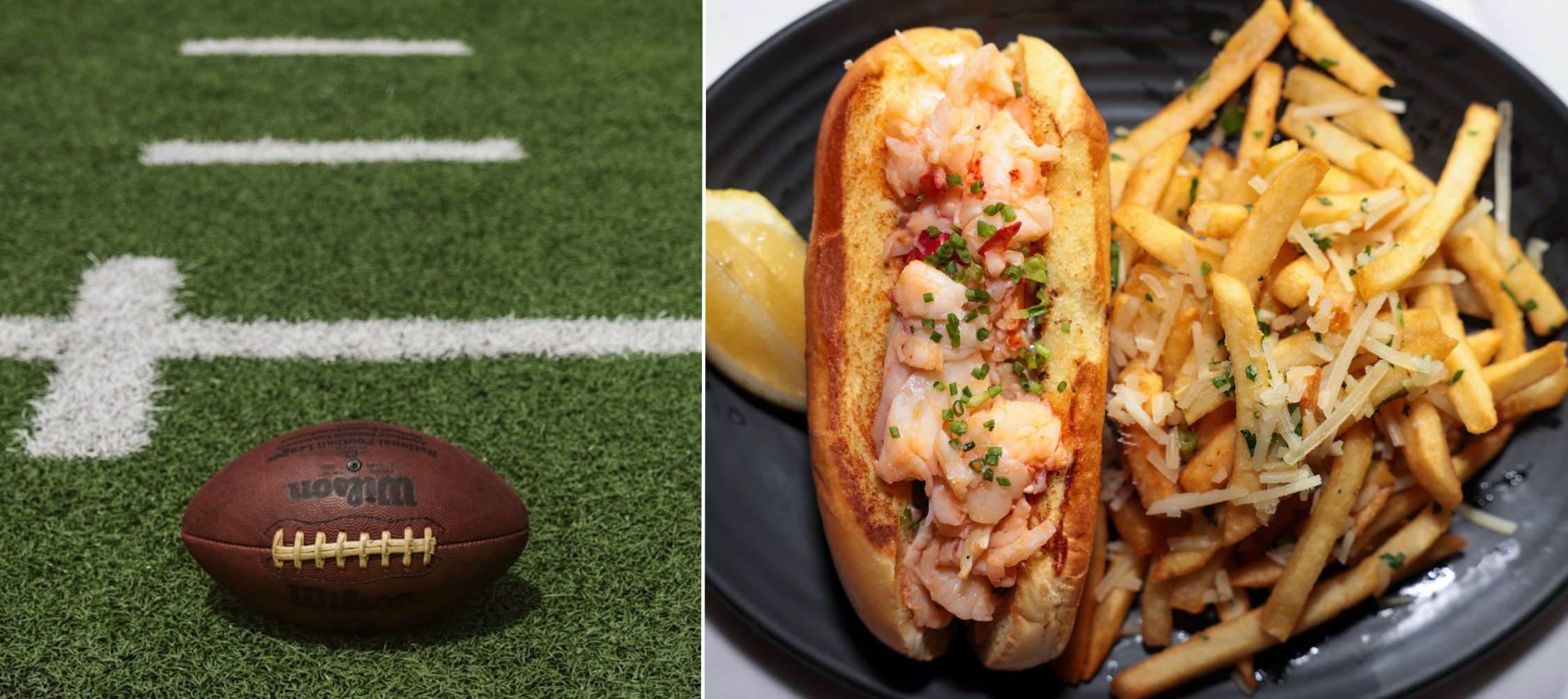Not surprisingly, we tend to identify dehydration with hot weather and resulting perspiration, but dropping temperatures can also be a source of low hydration. Cold weather tends to lessen the feeling of thirst. Dehydration is the result of the body having insufficient fluid for correct function. Regardless of the climate or the reason, dehydration is a threat to general health and well-being year-round.
Why the need for good hydration?
Whenever urination, defecation, or sweating takes place, bodily fluids are lost. The cold tends to increase diuresis or urination as a side effect of heat conservation. Fluids are also lost naturally through the skin, whether perspiring or not, thanks to drier air when indoor heating is turned on.
Breathing in cold air can also contribute to fluid loss because the body will warm and moisten the air before it enters the lungs, and physical activity complicates the situation further. Breathing will be deeper and heavier, contributing to more fluid loss.

As the human body is comprised 60% to 70% water, dehydration is a real threat to health. Aside from maintaining bodily functions, fluids are necessary for maintaining body temperatures, transporting nutrients, maintaining blood pressure, and eliminating body waste.
Common dehydration signs and symptoms
Thirst can indicate dehydration, but often thirst is not as common in winter weather. Nonetheless, there are several signs that you may not have sufficient water intake. Dark-colored urine or constipation are dehydration signs, as are irritability, mental confusion, dizziness, headaches, or a rapid heartbeat. Chapped lips and dry skin can also be symptoms of too little fluid intake. Severe dehydration can be characterized by fever, diarrhea, or reduced urination. These symptoms indicate a need for immediate medical attention.
How much water is enough in the winter?
The ideal amount of water intake depends on the individual and is influenced by age, gender, and activity level. Weather and the local altitude will also influence hydration needs. Some medical conditions can cause increases or decreases in water intake needs. Dividing your weight in two can give you an approximate idea of how many ounces of water you need. Exercising and heavy sweating can further increase individual hydration needs.
How to stay hydrated in a cold climate
The National Academy of Sciences indicates that men require approximately 13 cups of water daily while women need about nine cups, so begin by setting your water intake goal.
A great way to combat the cold and maintain hydration is by drinking warm beverages such as hot teas, herbal infusions, or broths. If you prefer not to drink cold water or don’t like the taste of plain water, opt for watermelon water or infused water. Whether purchased or prepared at home with a wedge of citrus fruit or your favorite herbs, flavor can increase enjoyment and intake.

Habits like carrying a water bottle wherever you go can encourage water intake, as can keeping a mug, bottle, or cup of your favorite beverage or water at your workstation. A liquid lunch or dinner can help, and meals that contain fruits and vegetables rich in water, including tomatoes, cucumbers, melons, fruits, and green leafy veggies, can increase daily liquid intake.
Use technology as a reminder. A water intake app or setting a reminder on your mobile phone will aid in reminding you it’s time for a drink.
What should be avoided?
Caffeine consumption can contribute to dehydration. As a natural diuretic, caffeine will flush out electrolytes within the body. Every glass of caffeinated beverage consumed needs to be compensated by drinking a glass of water of the same size. Drinking more water will aid in contrasting potential dehydration.

Alcohol consumption also needs to be compensated. Drinking a cocktail, liqueur, or similar cannot be counted as fluid intake. In a winter climate, alcohol can alter an individual’s perception of the cold and, when outdoors, increase the risk of hyperthermia. A flavorful mocktail or infused water can provide a tasty alternative.
Also, limit the consumption of sugary drinks, including fruit juices. Hidden sugars in beverages will increase fluid intake and the number of calories you consume, potentially leading to undesirable weight gain. A winter climate can lead to less physical exercise and increased food intake, which can cause weight gain. With inadequate hydration, the body will be less efficient in converting fats into energy.
In conclusion
Make hydration a daily goal year-round, especially in a winter climate. Establish a daily water intake goal, such as beginning and ending each day with a glass of water. Make water, whether plain or infused, your preferred drink. Attempt to drink a half cup or a full cup of water for every hour that you are awake, and if water is not your preferred beverage, opt for infused water, herbal teas, sparkling water, or drinks containing electrolytes to replace any fluid loss.









